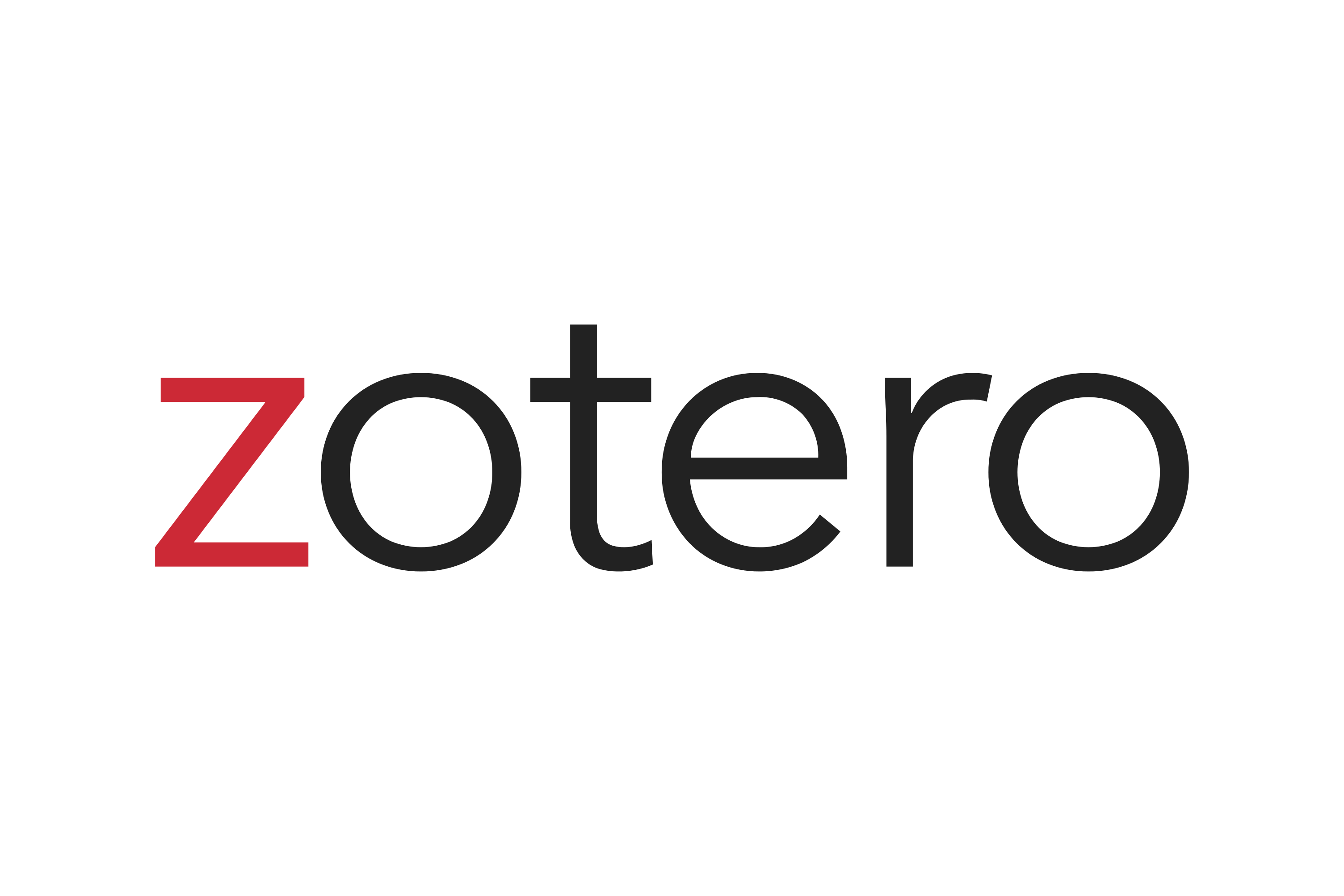Ibnu Sina : Falsafat al-Faidh dan al-Nafs
DOI:
https://doi.org/10.32678/alfath.v2i1.3204Kata Kunci:
filsafat emanasi, wujud, jiwaAbstrak
Filsafat menurut Ibnu Sina adalah berfikir secara maksimal untuk mengetahui realitas-realitas segala yang ada sebagaimana adanya, ia membagifilsafat ke dalam dua bagian, yaitu hikamh nadhariyah dan hikmah ‘amaliyah.
Filsafat Ibnu Sina, dalam batas tertentu falsafat Ibnu Sina dipengaruhi pikiran-pikiran al Farabi, Plato, Aristoteles, dan falsafat Neo platonisme. Pada setiap filsafat yang dikemukakan Ibnu Sina dapat dicari dasar-dasarnya dalam falsafat Yunani. Namun demikian ia tidak bertaklid buta mengikuti apa yang dolontarkan pendahulunya. Ia berusaha keras
memadukan antara agama dan filsafat, terutama filsafat Aristoteteles dan Neo-Paltonisme. Dalam tulisan ini penulis berusaha mengungkapkan pemikiran-pemikiran Ibnu Sina, terutama dalam kajian falsafat alfaidh dan al-nafsnya
Unduhan
##submission.downloads##
Diterbitkan
Cara Mengutip
Terbitan
Bagian
Lisensi
Copyright Notice

Al-Fath: http://jurnal.uinbanten.ac.id/ is licensed under a Creative Commons Attribution-ShareAlike 4.0 International License
An author who publishes in Al-Fath agrees to the following terms:
- Author retains the copyright and grants the journal the right of first publication of the work simultaneously licensed under the Creative Commons Attribution-ShareAlike 4.0 License that allows others to share the work with an acknowledgment of the work's authorship and initial publication in this journal
- Author is able to enter into separate, additional contractual arrangements for the non-exclusive distribution of the journal's published version of the work (e.g., post it to an institutional repository or publish it in a book) with the acknowledgment of its initial publication in this journal.
- Author is permitted and encouraged to post his/her work online (e.g., in institutional repositories or on their website) prior to and during the submission process, as it can lead to productive exchanges, as well as earlier and greater citation of the published work (See The Effect of Open Access).
Privacy Statement
The names and email addresses entered in this journal site will be used exclusively for the stated purposes of this journal and will not be made available for any other purpose or to any other party.










